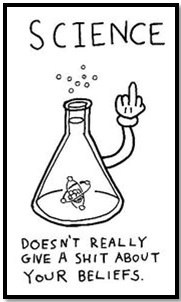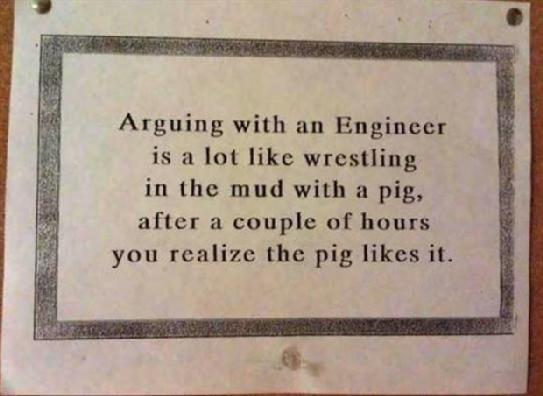
Figure 1: Evening walk with the fam-jam up a familiar mountain route after a failed attempt at finding the start of a far more spectacular but unfamiliar route.
I was planning to skip a week, because a whole blog post about the work that has been filling my days is really no fun at all.
However, after a good night’s sleep, my mind changed itself, as it is wont to do, and in the morning gave the advice that future me would in fact be quite interested to look back into these times.
So here we are, in the probably shorter-than-average 198th edition of the Weekly Head Voices, ostensibly covering the week from Monday June 8 to Sunday June 14. 2020.
How will 2020 go down in history?
I wonder if in the future we will have some interesting name for 2020, or for the era that 2020 ushered in?
The following tweet by Peter Kolchinsky, virologist and biotech investor, struck a chord with me:
I think 2020 will be remembered as the year politics tried to bend science & nature yet they just wouldn’t bend. Whether it’s how the virus spreads or which vaccines and drugs work, the truth is waiting to be discovered with proper scientific method, not punditry.
— Peter Kolchinsky (@PeterKolchinsky) June 15, 2020
I really hope that he’s right.
In this, COVID-19 is a lot like science, except that it’s a whole lot less forgiving:

I am scientifically extremely curious to see how all of this plays out, as the heads of denialists (of any kind) are known to consist of some of the densest materials in the universe.
Let us wait and see!
Aside: Longevity of Twitter citations in this blog
Just to allay your fears, fictitious reader, and mine, I have just double-checked: If twitter were ever to disappear completely from the internet, the text of the above tweet is embedded in this blog and will remain readable.
I don’t know what the chances of twitter disappearing are, but one has to remember that it’s only been around since 2006, although it feels like it’s been part of the universe forever.
For those of you who find such things interesting, my late joining in 2009 is of course documented in a post on this blog.
How we are personally doing
It was the main motivation for deciding to write this post, but I’m hiding this short piece away here in a subsection.
With us as a family it’s going as well as it possibly could, under the circumstances.
We have each other, and we appreciate each other. We have made our home as comfortable as possible, because we are serious about physical distancing as much as possible.
We are super grateful for what we have, and we are acutely aware of the fact that most people don’t have it this good.
GOU#1 sometimes struggles a bit with the fact that some of her friends are out socializing, when we, the science-based parents, are sticking more closely to the guidelines.
South Africa is currently at 73533 confirmed cases with 1568 deaths (2.1% CFR, or Case Fatality Rate).
The whole province of the Western Cape (where we live) is responsible for a disproportionately large part of those figures: 42892 cases and 1111 deaths.
In addition, we are fortunate enough to have grandma living with us, so we are playing it as safe as we can. (Grandma is one of the healthiest, fittest 74 year olds that you could ever run into.)
Dear GOU#1 in the future: You were already so graceful and understanding in 2020. Hopefully when future you reads this, you’ll be reminded that we mostly have good reasons for what we do.
On engineers, being right and being nice
If you have an engineer in your life, this should ring bells, quite loudly:

Yes, we love arguing.
Fortunately, the goal is usually not to win, but to reach the best answer.
If you’ve had a good argument with your team about some issue, and the winning configuration was implemented, that engineering decision has a pretty good motivation behind it.
More importantly, it usually has the buy-in of the team.
All of that being said, during the recent months a mis-remembered yet more appropriate version of a quote has been slowly but surely integrating with the latest version of my wetware.
(That’s nerd-speak for: “I’m really trying to apply this life guideline more consistently my fellow humans”.)
The original quote is the following:
They may forget what you said — but they will never forget how you made them feel. – Carl W. Buehner
(It has often been mis-attributed, most notably to Maya Angelou, but Quote Investigator says it’s most probably due to Buehner.)
My mis-remembered version is as follows:
People will quickly forget whether you were right or wrong, but they will never forget how you made them feel.
I’m just going to leave that there.
Post Scriptum: The WHV approach to life, the universe and everything
It just occurred to me that the core philosophy I teach my GOUs rests on two main pillars: Love and Science.
That ordering is deliberate, as love sometimes has to override science, just like being kind sometimes has to override being right.
As a reminder, The WHV’s Two no Three Rules for Achieving Great Success in Life, or Just Surviving, Whichever Comes First rests on top of those pillars. The rules are:
- Be useful.
- Be likable.
- Evolve.